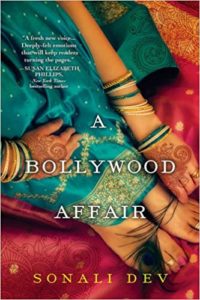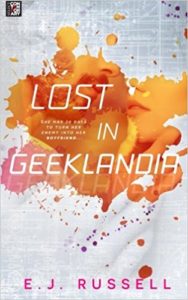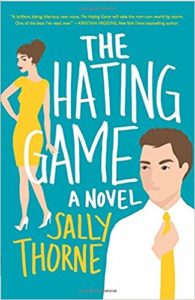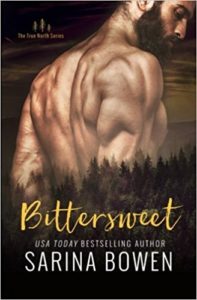
For some reason, I really enjoy reading (and watching) things set in Indian culture. It all started when I dated a Punjabi guy many years ago and I started reading Indian authors. I’m by no means an expert on Indian culture (or, cultures, as it’s a very big and diverse country), but it’s all interesting. I also have a certain amused appreciation for Bollywood, even though it’s been a while since I’ve seen anything.
When I was first reading Indian authors, I preferred high-brow, literary fiction, but now I generally stick to romance and YA. I was looking for some more diverse romance and stumbled across Dev and read her second book, The Bollywood Bride, first. I quite liked that one. I liked this one less well, because I couldn’t really appreciate the hero, although I liked the heroine, even though she couldn’t be more different from me. Most of A Bollywood Affair is set in the U.S. (Michigan, specifically), yet it’s a story about Indians rather than Indian-Americans.
Mili is twenty-four and she’s technically been married since she was four, when she she and a twelve-year-old boy named Virat were forced to marry by their very traditional grandfathers. The groom and his family soon left Mili’s village and haven’t returned. Mili is no feminist—she’s dutifully been waiting for her husband to return so she can start her wifely responsibilities. She’s afraid that the reason he hasn’t returned to her is because she isn’t good enough, so she’s always trying to improve. Her situation isn’t great—she and her grandmother don’t have much money. However, and a little ironically, being married gives Mili a little more freedom compared to the other girls in her village. So her grandmother allows her to go to America to study. This should make her an even better, modern Indian wife, right?
This all makes Samir Mili’s brother-in-law, even though he and Virat had both totally forgotten about the marriage until she reminded them with her first communication—a letter pointing out that she took care of their grandparents until they died, as were her daughter-in-law responsibilities in “our great culture,” as she puts it. She also says that it’s time for her to start taking care of him, too. And that she’s been caring for Virat’s ancestral home since his grandfather’s death, but now she needs money to pay for the more serious repairs it needs. This enrages the brothers because they think she’s some type of gold-digger.
Samir and Virat didn’t think the ceremony their grandfather had forced them into was truly real. In fact, Virat has been planning to marry his now-pregnant long-term girlfriend. So he needs a divorce from Mili. Then he’s in an accident and things look particularly dire, because now he’s in a coma and can’t pursue the divorce himself. Nobody wants the child to be a bastard—horrors. So Samir steps up to convince Mili to sign for the divorce from his brother.
By this time, she’s already in Michigan, so off Samir goes. Oh, and by the way—Samir happens to be a very well-known Bollywood director. Samir deceives her when he reaches Michigan. She knows he is the famous director, but she doesn’t know he’s Virat’s brother. But he ends up taking care of her after she breaks her ankle, so she thinks he’s a great guy.
So, as I mentioned, I do have some issues with the book. Samir is actually a big douche. He has a troubled past so we’re supposed to forgive him that and believe in his redemption at the end. But he doesn’t respect women, getting all pissy when they “inevitably” fall in love with him. So this is troubling. Mili is likable though, even if her innocence and devotion to a missing husband are kind of sickening at times. She grows a little, but not as much as I’d like. I wanted her to see how limiting the traditional view is and at least be glad she’s going to be able to escape that.
Despite these reservations, I still enjoyed the book. It is believable that Samir’s fallen in love with her and he does sort of face his past. Maybe he’s really changed. So if you’re looking for something a bit different from the vast majority of romances out there, check this one out. I wouldn’t recommend the book if you can’t read rake heroes, though.




